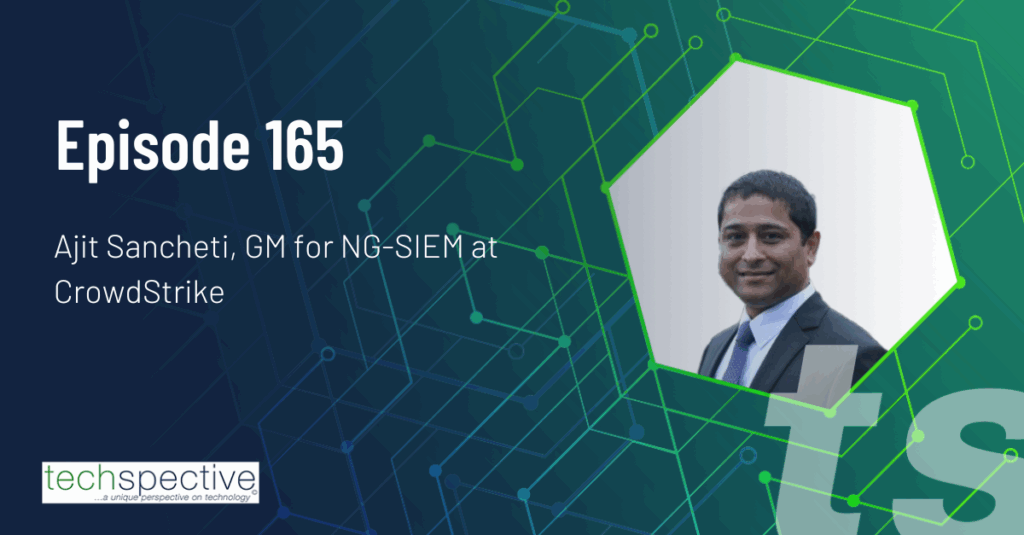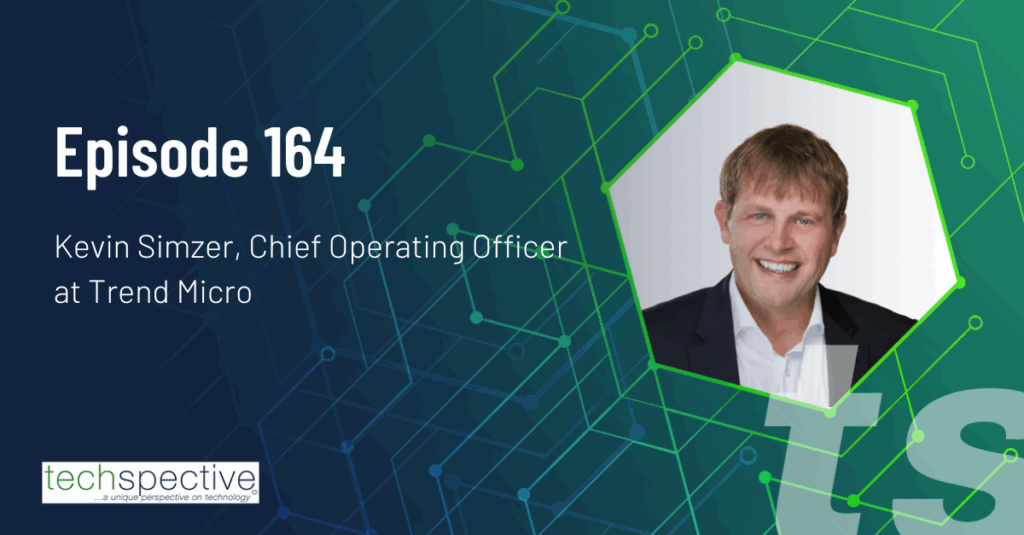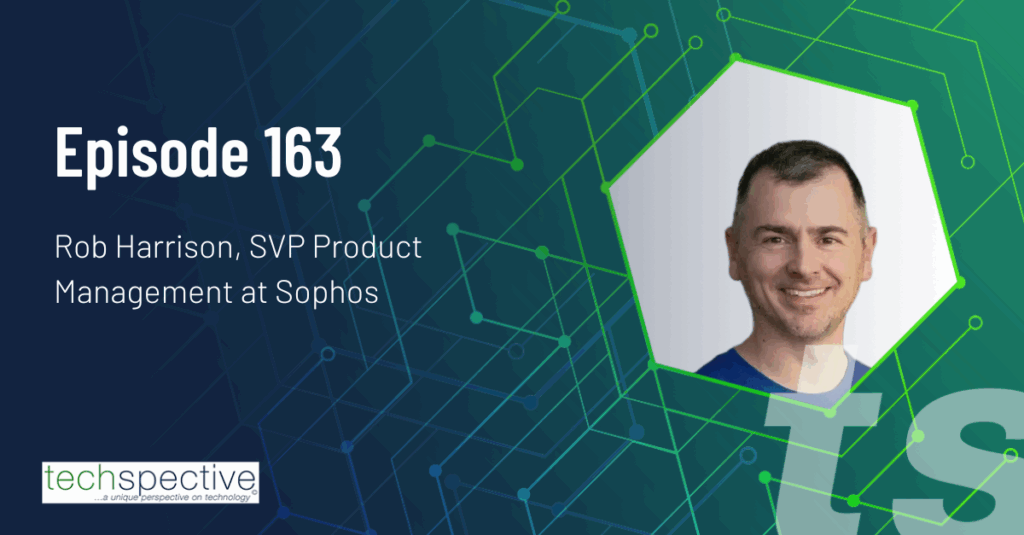Podcast: Play in new window | Download
Subscribe: Apple Podcasts | RSS
Inner Circle Podcast Episode 042
In theory, social media provides a platform for keeping in touch with friends, family, and peers, and enables you to connect with a community of like-minded individuals or seek out and research different viewpoints from anywhere in the world. It should make the world a smaller place and help everyone communicate more effectively and stay informed of current events. The reality of social media is often quite different. Evan Kirstel–a social media influencer and prolific poster of social media content–joins me for this episode of the Inner Circle to talk about some of the pros and cons of social media and social media influence.
Evan has a substantial social media audience. Granted, he is no Barack Obama or Katy Perry, but for a mere mortal his social media following is not insignificant. With over a quarter of a million followers on Twitter and more than 50,000 followers on LinkedIn–never mind his efforts on Facebook or less mainstream (at least from a pure business perspective) platforms like Instagram or Tik Tok–Evan has established himself as a reliable source of valuable information…and that makes him valuable to companies that want to reach that audience.
One of the reasons I follow Evan on Twitter myself is that I find his posts to be a valuable source of relevant information about technology. With nearly 6,000 tweets posted every second of every day, the sheer volume of content on Twitter can quickly become overwhelming. It is nice to have someone you can trust to put in the effort of separating the signal from the noise and sharing a curated collection of content that you might be interested in. Evan is focused on technology, so his feed might not be for everyone, but there are influencers our there for just about any topic you can think of.
Of course, there’s also a dark side to the powerful influence of social media. Russia has apparently been quite successful at sowing discord with coordinated social media campaigns designed to spread disinformation and fake news. In the race to engage online, many people like, share, and retweet without stopping to do any sort of critical analysis, often perpetuating things that are demonstrably false. Disinformation and fake news on social media helped put Donald Trump in the White House, and Trump and the GOP have tripled down on it since then. Why mess with a winning formula?
Somehow, even though stories like the ones focused on Hillary Clinton’s emails, or the hacked DNC server, or Hunter Biden being involved in some sort of Ukraine conspiracy have very little–if any–basis in reality and have been thoroughly debunked by any and all credible sources, the myths and fake news persist. There is a population–a relatively large one at that–living in a bubble where obvious lies and easily disproven theories are accepted as truth, while any attempts at logic or reasonable analysis of the stories is rejected out of hand as more “evidence” of the conspiracy that doesn’t exist. It’s an insane self-feeding cycle that is perpetuated in large part by social media.
I assure you that Evan and I don’t come close to solving those problems–either the scourge of disinformation or fake news or the problem of a willfully gullible population anxious to propagate it via social media–but we have a great discussion of the issues nonetheless.
Please ask questions or share your thoughts on the topic in the comments below. We are grateful for all of our listeners and we appreciate your help to share the podcast and grow the Inner Circle audience. Subscribe to the Inner Circle podcast through your favorite podcast platform, and share the podcast with your peers and friends.
If you enjoy the podcast, we would also be grateful if you could take 2 minutes to rate and review the podcast on iTunes, or wherever you listen.
- When Security Automation Meets Agentic AI - September 12, 2025
- Rethinking Cybersecurity in the Age of AI and Digital Twins - August 25, 2025
- 10 Clever Tech Gadgets Every Student Will Actually Use - August 21, 2025



